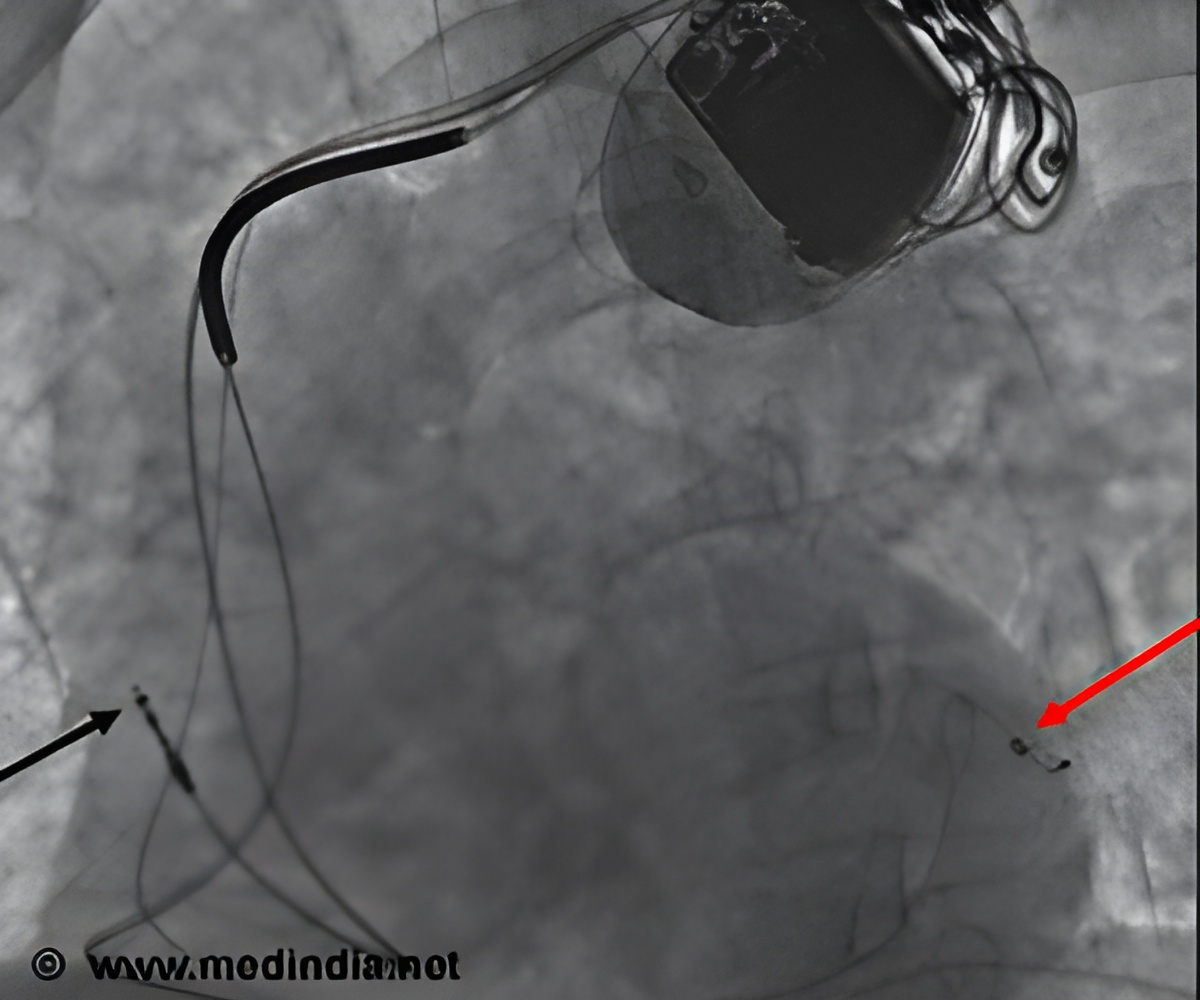Recently, research efforts focusing on improving outcomes for patients with implantable heart devices have gained pace.

The OPTION study results were presented as a late-breaking clinical trial at the Heart Rhythm Society's 2013 Annual Scientific Meeting in Denver, Colorado, from May 8 - 11.
A total of 462 patients at 54 centers in Europe and North America were enrolled in the study. Patients were randomized to either dual-chamber or standard single-chamber ICD therapy. Study endpoints were the occurrence of appropriate and inappropriate shocks and all-cause mortality. Median follow up was over two years.
The OPTION study demonstrates the benefits of Sorin dual-chamber ICD therapy. Sorin dual-chamber ICDs feature the PARAD+™ arrhythmia discrimination algorithm which reduces the number of inappropriate shocks,2and the SafeR™ pacing mode which minimizes unnecessary ventricular pacing.3 Excessive right ventricular pacing has been associated with dual chamber pacing and has been shown to increase heart failure and atrial fibrillation.4,5
"This is very good news for patients. We have known for a long time that inappropriate shocks were associated with poor quality of life and adverse outcomes," said, Dr. Christof Kolb of the DeutschesHerzzentrum Munich, Germany, and principal study investigator. "The findings demonstrate that patients can rest assured that their Sorin ICD is correctly monitoring their heart and delivering only the therapy that is needed."
While ICDs deliver lifesaving therapy to patients at risk of sudden cardiac arrest, inappropriate shocks still occur too frequently and negatively impact patients' quality of life. ICDs are available in single and dual-chamber models and use differing methods to detect a patient's arrhythmias and treat them with antitachycardia therapies; both types of ICDs can provide rescue shocks. Many physicians consider that dual-chamber ICDs provide superior antitachycardia therapy compared with single-chamber devices, but long-term data were lacking.
Advertisement
"Sorin is committed to developing technologically advanced devices that provide smart therapies that are both lifesaving and beneficial to physicians and patients alike. We continue to invest in advancing knowledge about cardiac rhythm disorders and will support clinical trials that provide the strongest possible evidence supporting our therapies," said Stefano Di Lullo, President, CRM Business Unit, Sorin Group.
Advertisement
Source-Eurekalert










